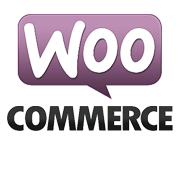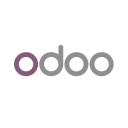How Our Sustainable Corporate Merchandising Became a $40K/Month Business
Hello! Who are you and what business did you start?
My name is Gonzalo and with my partner Gala, we run a business called Sheedo.
Our main product is a paper made out of waste cotton from the clothing industry, so we don’t cut trees or use toxic chemicals in our production line. But what really makes us different is that we add seeds to the composition, so after using it, you can plant it.
Nowadays we are selling our products as an alternative to conventional merchandising products, such as business cards or corporate gifts.
We started this project around 2 years ago, the first moments were taught, but nowadays we are growing and setting about 40K€ per month and have worked for big brands such as Coca-cola, Inditex, Sony, Deloitte or Air France.















